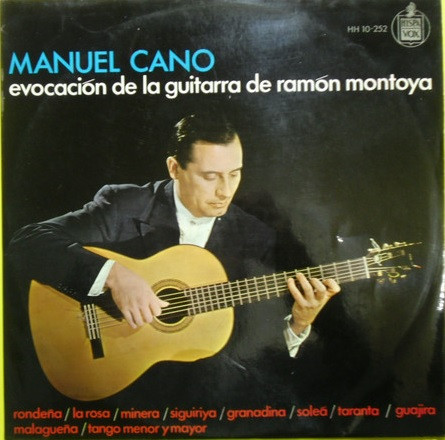|
Brendan -> RE: Claude Worms (Jan. 27 2024 20:29:00)
|
He doesn’t have anything to say about the middle decades of the 19th century.
The ‘history’ is just him telling his own flamenco story and reflecting on how flamenco changed from the 1960s to now. How difficult it was to learn to accompany cante, how you must learn to respond to the singer’s decisions on the fly. Mortifying experiences where he learned this. His first exposure to live cante at a festival in Almeria gripped by Mairenismo. How he realised that he wasn’t going to be a pro player, how he hit on transcriptions as a way of participating in Flamenco.
The interesting bits for me were an argument about why it’s difficult to come up with a genuinely new estilo (I’d want to listen again before I could summarise it). Then there’s a claim that playing with a rhythm section liberated PdL to play much longer melodic lines than was possible in falsetas. He pushes back against some bits of romanticism, e.g. yes, some flamencos do learn the art from family members, but everyone learns from touring performers and from recordings (which have been available for a century or more). So let’s not overdo the family-transmission thing. He doesn’t like any noble-savage stuff about untutored geniuses playing or singing by intuition, because, like any art, there’s a huge amount of work to produce the effect of direct, intuitive performance, and this should be recognised and respected. The day of the pure flamenco guitarist is over because guitarists are rounded musicians now who could play other stuff and probably do. There’s no point regretting any of these changes.
He understood early on that he’ll always play like a Parisian who lives in a comfortable district, because that’s who he is. Play it, respect it, don’t get into cosplay (he didn’t use that term).
Flamenco has the discipline of classical, the freedom of jazz and the energy of rock.
So, nothing extraordinary, but interesting reflections of someone who has been studying flamenco for a long time and thinking about his own relation to it.
|
|
|
|

